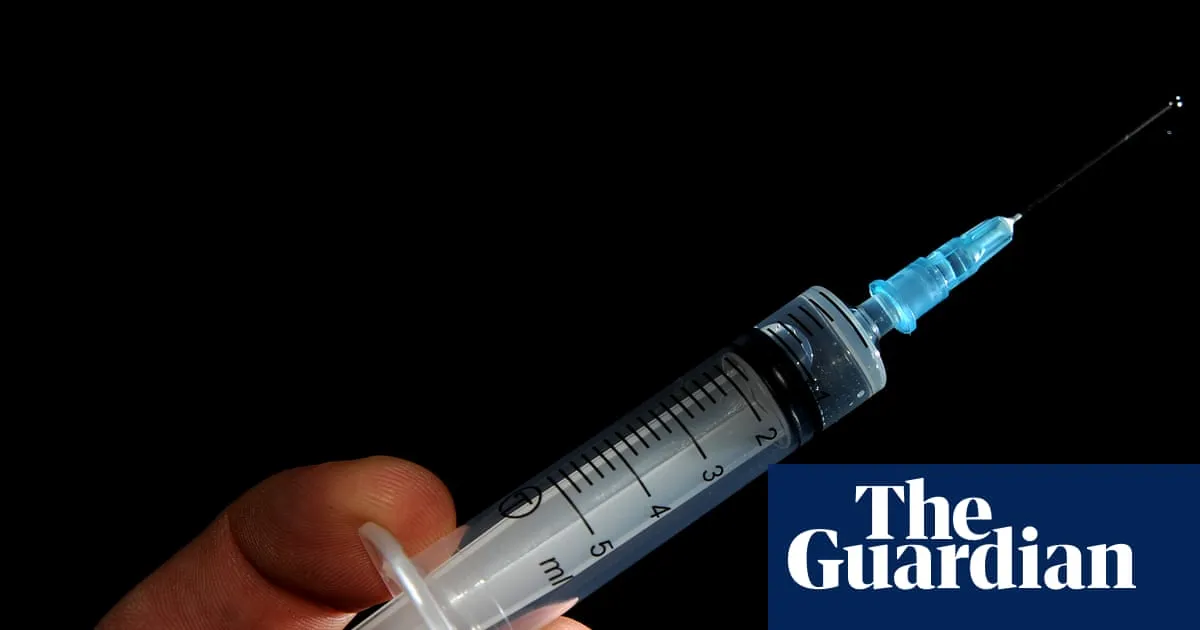
Recent research suggests that receiving the shingles vaccine may significantly lower the risk of heart attacks and strokes, potentially reducing this risk by as much as 20%. This groundbreaking study is the first of its kind, exploring the cardiovascular benefits associated with the shingles vaccine, formally known as herpes zoster vaccination.
Shingles is a common viral infection that affects millions of people globally. Characterized by a painful rash, shingles can lead to severe complications including deafness, persistent pain, and even blindness. The condition is particularly dangerous for older adults, who are more likely to experience serious health issues as a result of the virus.
Traditionally, health organizations recommend the shingles vaccine primarily for older individuals and those with compromised immune systems. However, the latest findings indicate that the vaccine could have cardiovascular protective effects even in adults as young as 18. The study, a comprehensive global systematic review and meta-analysis, revealed that receiving the shingles jab correlates with a significant decrease in the risk of cardiovascular events.
Specifically, the research found that adults aged 18 and above who received the shingles vaccine had an 18% lower risk of experiencing a stroke or heart attack. For those aged 50 or older, this risk was reduced by 16%. These findings will be presented at the upcoming annual meeting of the European Society of Cardiology in Madrid, which is recognized as the world’s largest cardiology conference.
Dr. Charles Williams, the study’s author and global associate medical director at GSK, commented on the research, stating, “We looked at the currently available evidence and found that in this analysis, vaccination against herpes zoster was associated with a lower risk of cardiovascular events, such as heart attacks or strokes.” He emphasized the need for further studies to clearly define the extent of this association.
The global systematic review utilized three scientific literature databases, including a meta-analysis of phase 3 randomized controlled trials and observational studies. In total, 19 studies were included, comprising eight observational studies and one randomized controlled trial that met the criteria for examining the impact of the shingles jab on cardiovascular events.
The shingles jab is typically administered in two doses, spaced several months apart, and is designed to provide long-lasting protection. Increasingly, vaccination is being recognized not just for preventing specific infections but also for its role in reducing the risk of cardiovascular disease.
Professor Filippo Crea, a cardiology expert at the Catholic University in Rome, noted the significance of these results, stating, “These results support a growing body of evidence indicating that vaccinations reduce the risk of cardiovascular disease.” Similarly, Professor Bryan Williams, chief scientific and medical officer at the British Heart Foundation, acknowledged the promising findings but urged the need for further investigation. He remarked, “While there is great interest in the potential of the shingles vaccine to reduce cardiovascular events, more research is needed to establish a clear cause and effect relationship.”
As these findings emerge, NHS England has announced that an additional 300,000 individuals will become eligible for the shingles jab starting next week. From September 1, individuals aged 18 to 49 with severely weakened immune systems will be able to receive the vaccine, following previous expansions that included those over 50.
In conclusion, the evidence linking the shingles vaccine to a reduced risk of heart attacks and strokes opens new avenues for research and public health initiatives. As the medical community continues to explore these connections, the importance of vaccination in promoting overall health cannot be overstated.